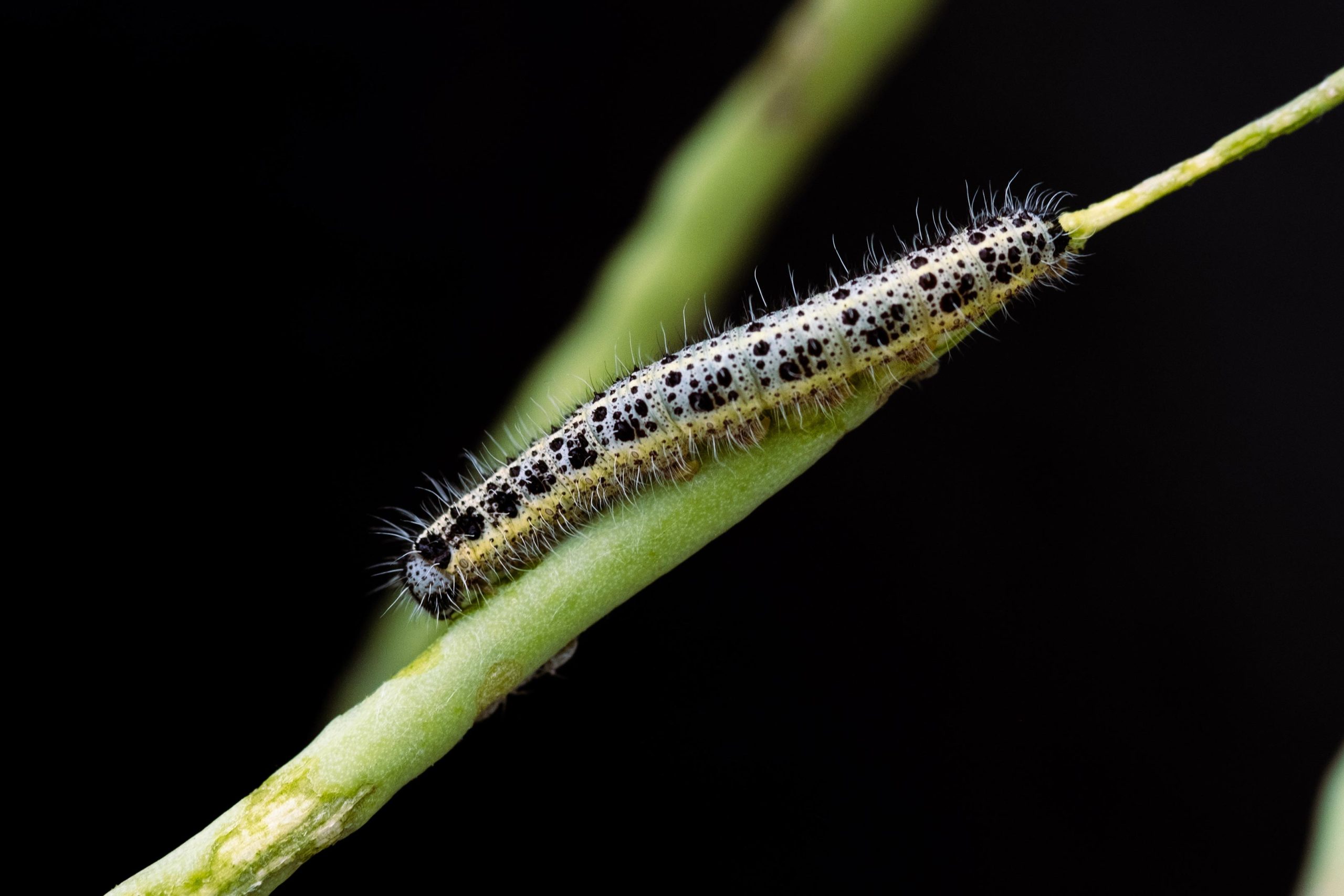An increased intake of broccoli is linked to a lower risk of cancer, diabetes, neurological conditions, and cardiometabolic diseases. Numerous phytochemicals, such as isothiocyanates and glucosinolates, are abundant in broccoli.
Furthermore, it has been recently documented that mammals, including humans, naturally produce polysulfides like glutathione hydropersulfide (GS2H) and cysteine hydropersulfide (CysS2H). These bioactive compounds are significant redox signaling regulators and strong antioxidants in vivo. Still, little more research needs to be done on broccoli’s endogenous polysulfide content or how germination affects the composition and amount of polysulfides in the plant.
A new study by scientists at Osaka Metropolitan University investigated the changes in polysulfide biosynthesis in broccoli during germination. They performed untargeted polysulfide omics analysis and quantitative targeted polysulfide metabolomics through liquid chromatography–electrospray ionization–tandem mass spectrometry.
According to the study, broccoli sprouts had a substantially higher total polysulfide level than mature broccoli.
The scientists discovered that the polysulfides in broccoli sprouts grew dramatically throughout germination and growth, peaking on the fifth day of germination at a rate of about 20 times. They also found several unidentified polysulfides with unclear molecular structures. These results imply that broccoli sprouts’ well-known ability to promote health may be partly attributed to their high polysulfide content.
Assistant Professor Shingo Kasamatsu said, “The discovery of the significant increase in polysulfide content during the sprouting process from broccoli seeds was completely by chance and very surprising. This finding suggests that polysulfides may be important in plant germination and growth. Further investigation of the pharmacological function of these unknown polysulfides could lead to the development of new preventive and therapeutic approaches and medicines for neurodegenerative diseases, stroke, cancer, inflammation, and other oxidative stress-related diseases.”
Journal Reference:
- Shingo Kasamatsu, Takuma Owaki, Somei Komae, Ayaka Kinno, Tomoaki Ida, Takaaki Akaike, and Hideshi Ihara. Untargeted polysulfide omics analysis of alternations in polysulfide production during the germination of broccoli sprouts. Redox Biology. DOI: 10.1016/j.redox.2023.102875
Note: This article have been indexed to our site. We do not claim legitimacy, ownership or copyright of any of the content above. To see the article at original source Click Here













